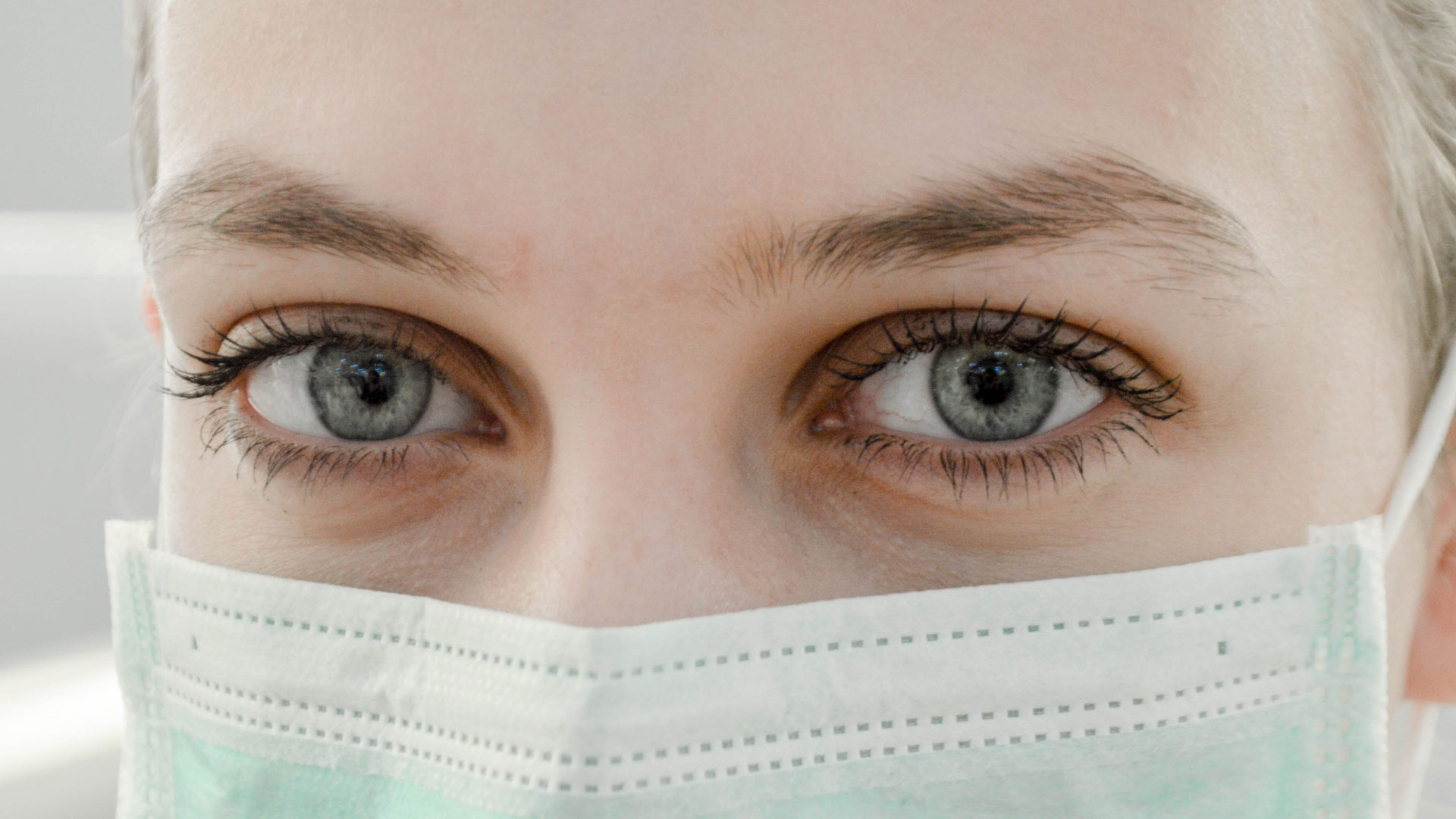
Medical Care in This Age Of Covid
February 1, 2021
The Covid pandemic has changed the way patients and physicians seek medical care and practice Medicine. What should patients consider when they find the urge to “Google” their symptoms, self-diagnose, and self-treat?
The Covid pandemic has changed the way patients and physicians seek medical care and practice Medicine. Even before Covid the availability and rise of the internet had made it easy for patients to “Google” their symptoms, self-diagnose, and self-treat. While I am all for inquisitive, well-informed patients this internet auto-medicine is not very accurate or helpful and, often, may be detrimental.
Please consider: “Dr. Google” never went to medical school. Dr. Google is populated with many sites that are trying to sell the reader on a diagnosis and treatment. Many Google listings have not been vetted by medical experts. I have found many of the sites to be sensationalistic, overly pessimistic, and just plain inaccurate. Creators of the sites may have paid to be positioned early on searches. But being listed on the first page or so of a search does not mean the site has any quality or deserves to be relied upon more than sites listed lower in the search. So, I advise you to go ahead and look up your symptoms. But please get a “second opinion” from a real live physician!
In this time of masks and social distancing that second opinion may take the form of a “tele-medicine” session. I have conducted hundreds of such interviews since the pandemic arrived. Here too there are potential problems in your being properly diagnosed and helped. Tele-medicine is limited by its remoteness. Many patients do not have the capability of “facetiming”. Even with a visual component to the visit there can be no careful physical examination—no looking in your eyes, mouth, listening with stethoscope to your lungs and abdomen. There can be no examination of the color of your eyes and skin, no palpation of possible lymph nodes, enlarged liver or spleen, or other lumps and bumps, no checking of pulses, reflexes, or coordination. There can be no ECG, no analysis of urine, no checking of stool for hidden blood or intestinal cancer, no blood tests to check for anemia, infection, dehydration, kidney or liver disease.
Tele-medicine is better than no interaction at all. But it is far from ideal. For physicians like me it is like driving a car or piloting an airplane while partially blindfolded. There are some frightening statistics published about patients procrastinating getting appropriate evaluations and care. Remember that the myriad of potentially serious, even fatal, illnesses is still there—Covid notwithstanding.
So, what should you do? I urge you at the very least to call to discuss your symptoms. (Your health insurance will permit us to bill them for the phone call.) Let’s see whether we both can handle it adequately by phone or face time. But if a person-to-person interview is needed please make an appointment. I have been doubly vaccinated; and my office staff has been immunized as well. Our office has instituted multiple precautions: exam rooms are sanitized after each patient; appointments are spaced to avoid anyone in the waiting room; all patients and staff are masked; temperature is checked on each entering patient.
While we all should have the utmost respect for avoiding Covid we should not let that distract us from other present or potential medical issues. Take care!!